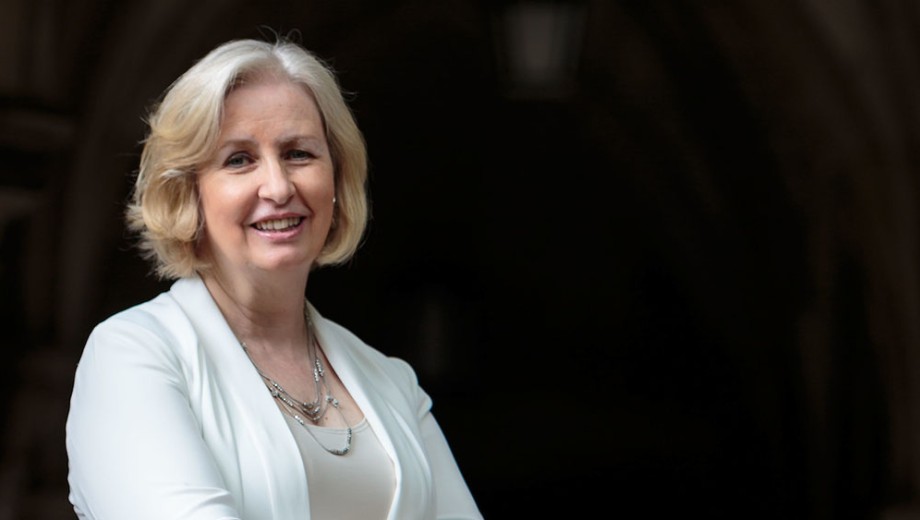Dear Alumni and Friends,
Publicly focused work from the Humanities Division punctuated the 2016–17 academic calendar. This scholarship and artistry emanate from the same intellectual and creative impulses that inspire all our research, and it flourishes through the support we receive from our generous donors. Here is just a sampling of the public-facing work that appeared last year.
October began with Augusta Read Thomas’s (Music) Ear Taxi Festival, a six-day celebration of new music, featuring 100 compositions and 54 world premieres performed by 500 musicians in seven locations around the city. This marathon garnered press from across the country, leading the Chicago Tribune to name Thomas one of its “Chicagoans of the Year” for 2016.
Around the same time, Christine Mehring (Art History) launched a series of scholarly events, performances, and exhibitions to celebrate the conservation of Wolf Vostell’s Cadillac encased in concrete, Concrete Traffic, a Fluxus artwork commissioned by Chicago’s Museum of Contemporary Art in 1970. The car’s trek from the Loop through the city to the University’s parking garage was colorfully described in the Wall Street Journal.
In January, the English translation of Philippe Desan’s (Romance Languages and Literatures) book on Montaigne (Montaigne: A Life) led writers for the New Yorker and the Wall Street Journal to highlight “the enduring wisdom of Montaigne.” Montaigne’s critique of sixteenth-century social order, they noted, forecasts analogous assessments of later societies that were similarly “torn apart by political idols.”
In May, the honor of delivering the National Endowment for the Humanities’s Jefferson Lecture, the highest honor for the field’s intellectual accomplishment, went to Martha Nussbaum (Philosophy, Classics, Law). Her wonderfully accessible discourse on anger in ancient thought illustrated how this passion must be turned to positive ends to inspire constructive change.
In June, William Pope.L’s (DoVA) installation Claim (Whitney Version) at the Whitney Museum was awarded the museum’s $100,000 Bucksbaum Award. Those experiencing the work confirmed that it was a uniquely multisensory experience, engaging the eyes and even the nose to address the representation of collective identity.
And on the eve of our nation’s birthday, Eric Slauter (English) was interviewed on WBEZ about “patriotism.” The word originated not during the American Revolution, Slauter said, but in the nineteenth century, with its use reaching an apex during the Civil War.
These diverse examples of publicly directed work form part of the large corpus of deeply insightful books, articles, and creative endeavors that our faculty produce each year. We are grateful to our supporters for making all the research of the Division possible, and we look to them to continue to strengthen our capability to do such work. Just as our scholarship in the Division ponders all aspects of the human condition, our public-facing work directly enriches all our lives.

Anne Walters Robertson
Dean, Division of the Humanities
Claire Dux Swift Distinguished Service Professor, Department of Music


Add new comment